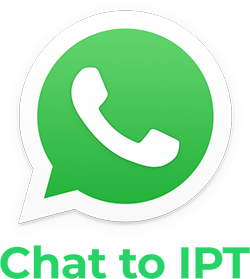
UK Releases Telecoms Reverse Charge Guidance
UK Releases Telecoms Reverse Charge Guidance
by Jason Gorringe, Tax-News.com, London
19 August 2016
The UK tax authority, HM Revenue and Customs, has released a new value-added tax guide on the reverse domestic charge for telecommunications services.
The UK's reverse charge on such services is designed to prevent wholesale supplies of telecommunication services from being exploited for missing trader intra-community (known as MTIC) fraud. It was introduced for supplies from February 1, 2016, by the Value Added Tax (Section 55A) (Specified Services and Excepted Supplies) Order 2016.
The reverse charge switches the obligation to account and collect VAT from the supplier to the recipient, to block fraud where the supplier collects the required VAT but fails to remit it to the tax agency.
Under the Order, all wholesale supplies of telecommunications services to counterparties established in the UK are subject to the reverse charge, with certain exclusions.
The reverse domestic charge applies to:
Speech communication with no, or almost no, delay between the signal being transmitted and received, including switched voice-over-internet-protocol services; and
Transmission of:
writing, such as wholesale short messaging services (SMS);
images, including wholesale multimedia messaging services; and
sounds.
Specific examples include, but are not limited to:
Wholesale 'Over The Top' telecommunications messages;
SMS hubbing; and
SMS and voice aggregator services.
The supplies of service carriers in the telecommunications industry will be subject to the reverse charge if they are made to one of the following in the UK: to another service carrier or to network operators to supply users, such as consumers.
The reverse charge can only be used for business-to-business sales where both businesses are registered or liable to be registered for VAT. Where the reverse charge applies, it is the customer that will account for the VAT instead of the supplier.
The domestic reverse charge doesn't apply to:
Data transmission only services, such as broadband;
Indefeasible right of use charges;
Wholesale line rental and lease lines;
Supplies:
within Schedule 10A or section 8 of the VAT Act 1994, which relate to face value vouchers and supplies from abroad; or
to a corporate group for onward supply and consumption within that corporate group
Return of unused minutes not originally within the reverse charge
This guide, "VAT: reverse domestic charge for telecommunications services," released on August 18, 2016, also discusses the rules for multiple supplies; invoicing; tax points; documentation; and penalties.
Detailed information on checks to carry out on customers, to ensure the reverse charged is applied correctly, is set out in VAT Notice 735: "VAT domestic reverse charge on specified goods and services."
See original Article


